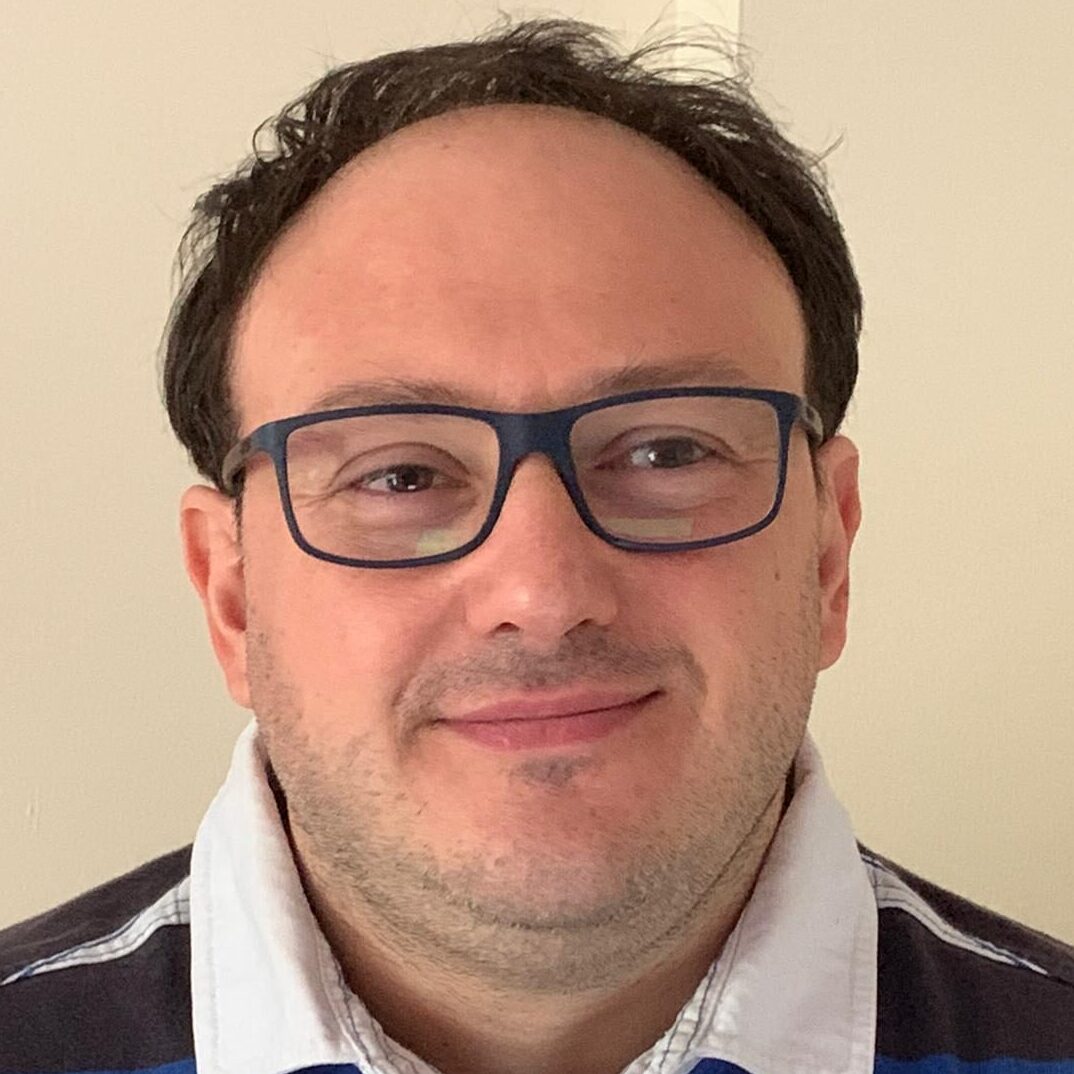
Mentor: Dr. Paul Yu
I am a PhD scientist in Biotechnology with 13+ years of experience in Molecular and Chemical Biology, Biochemistry, Cell Signaling, and Protein engineering with a focus on Therapeutic Antibodies Development and Gene Therapy. I trained at the historic University Federico II of Naples (Italy), under the mentorship of Professor Antimo Di Donato, who was mentored by the Nobel Laureate in Chemistry, Dr. Stanford Moore. During my pre-doctoral and graduate studies, I focused on the biochemical characterization of various mammalian and bacterial protein expression systems, and the application of bacterial biofilms for bioenvironmental applications and drug delivery.
After completing my PhD studies I moved to the United States, where I pursued postdoctoral studies initial with Dr. Federica Del Monte. During this period, I led studies demonstrating the newly recognized role of premature aging and beta-amyloid formation in the cardiac tissues of Alzheimer’s diseases, paralleling changes in brain tissue. I also worked on the characterization of the ephrin A1/EphA2 signaling system which plays critical roles during embryonic development and regulates tissue and organ homeostasis, as well as tumoriogenesis, metastasis, and pathogenic remodeling, in adult tissues. I also characterized several novel microRNAs that are critical for regulating TGFb signaling, particularly during the development of cardiac fibrosis.
Most recently to build upon my experience in cardiovascular disease pathophysiology, and to expand on my skill sets in vascular biology and vascular disease, I joined Dr. Paul Yu’s laboratory at Brigham and Women’s Hospital. Here my work focuses on understanding roles of various TGFb family receptors and ligands in the development and tissue remodeling, focusing on two rare and challenging conditions with unmet clinical needs, pulmonary arterial hypertension, and fibrodysplasia ossificans progressiva. I am excited about the potential of our work for transforming the understanding of how functional specificity is encoded by this complex and diverse family of ligands and receptors, and how this may lead to new insights into the regulation of developmental patterning and disease remodeling.
